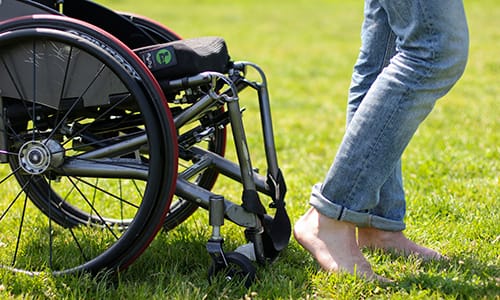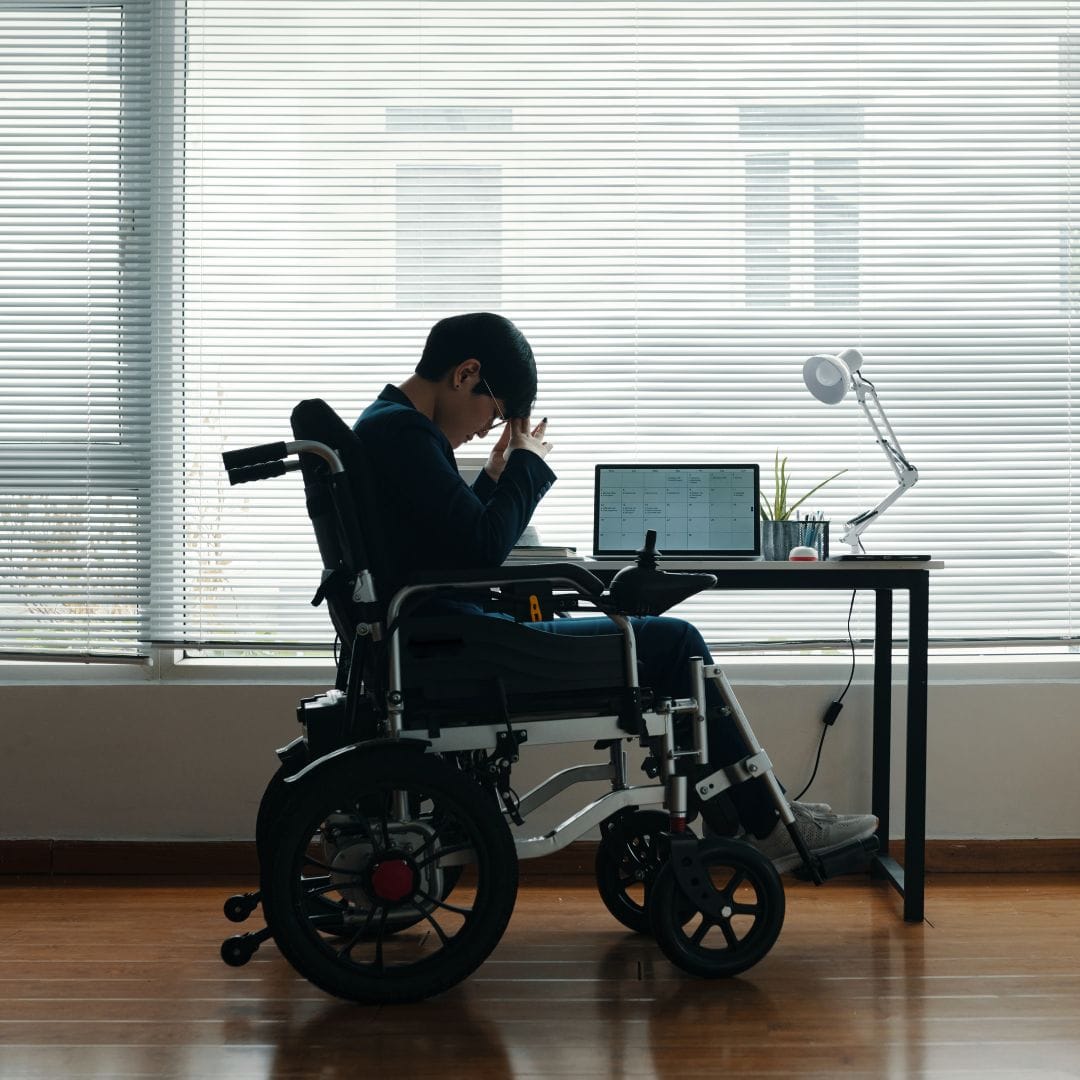
I had a strong emotional reaction to the articles in our latest The Spin magazine about incomplete injuries. I kept thinking that finally someone has written about the issues I have been hearing about on InfoLine from people with incomplete injuries and their family members.
When I first started working at the BC Paraplegic Association in 2010 I was familiar with many aspects of spinal cord injury but was not knowledgeable about incomplete injuries. Since then I have made a point of learning about them, especially the issues that people who are able to walk post-injury may face. This learning, both from academic sources and most importantly, from people with SCI, has given me an appreciation of the unique and often misunderstood challenges people may face.
I often hear people say that they feel alone in their situation or feel like they shouldn’t complain because at least they can walk when so many cannot. We know that members of the public often don’t understand the secondary complications of SCI, and when someone does not need to use a wheelchair, it is even harder for others to understand what the person might be experiencing. When I read the Spin articles I felt like cheering because the issues are explained so well by people who have been there. This is exactly the sort of resource that I have wanted to give to people who are newly injured or who feel isolated in their experience.
I have already forwarded the articles to a number of people who have contacted me over the past few months, in hopes that knowing others have been through similar experiences will ease their own journey a little bit. This has been met with very enthusiastic and appreciative responses.
InfoLine has had a number of other positive messages as well, more than we normally get for a Spin issue. Comments include:
- “I didn’t know others were dealing with that.”
- “I’m not the only one?!”
- “I can readily identify with the problems discussed.”
When people call InfoLine for information, I sometimes hear hesitation when disclosing an incomplete injury, especially for those who say they “look normal” to the casual observer. I think people wonder whether they belong in our organization if they can walk post-injury. The reality is that our members represent every possible outcome of spinal cord injury and related physical disabilities. Everyone is welcome because everyone has something to gain and to give. Many of our articles and event photos feature people who use wheelchairs, and for good reason; however, the message that injury looks different for some of our members is an important one for us to send out. Our members, and the public, need this forum to better understand the challenges and opportunities for those with incomplete injuries.
Please encourage everyone you know to read these articles and learn about incomplete injuries, along with all aspects of SCI, to increase awareness and help make things just a bit easier for our members. In the meantime, we hope that anyone struggling after injury will connect with both our Peer and InfoLine programs.



